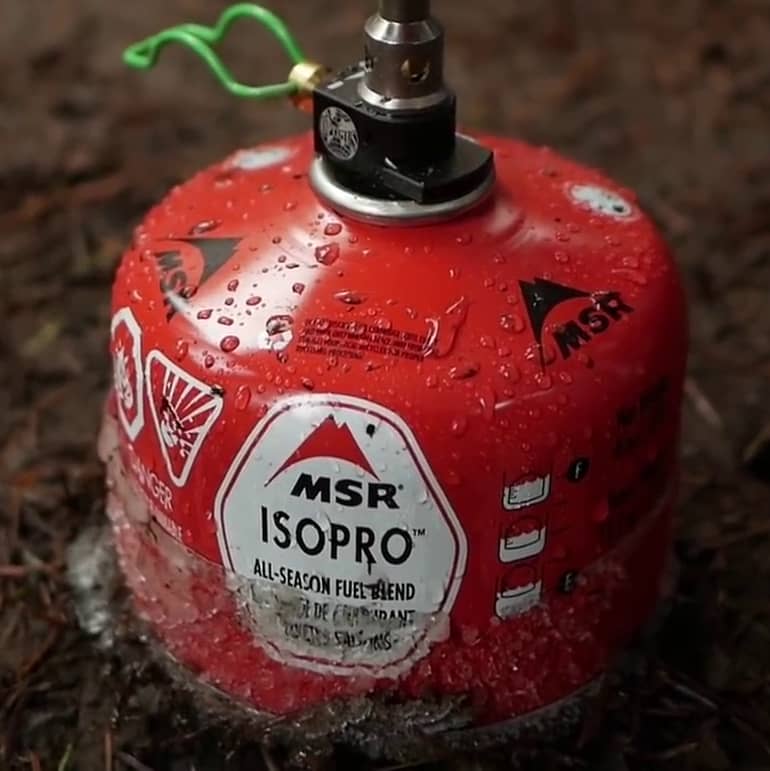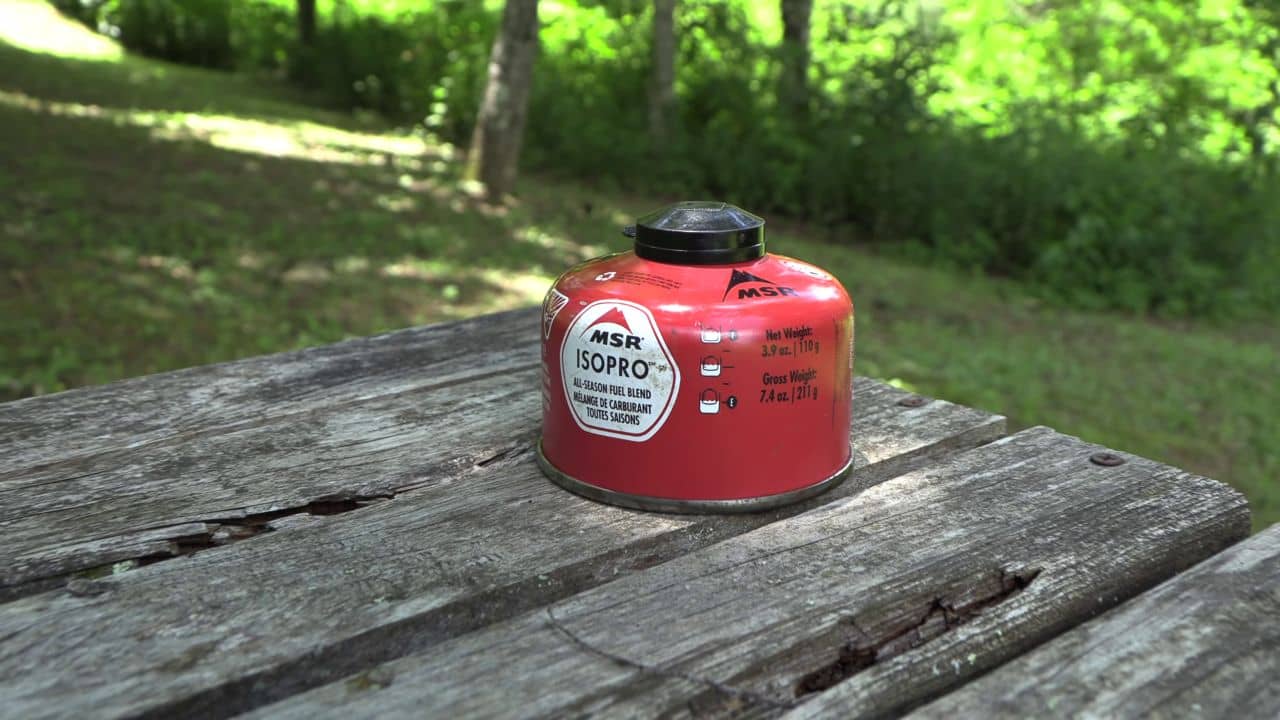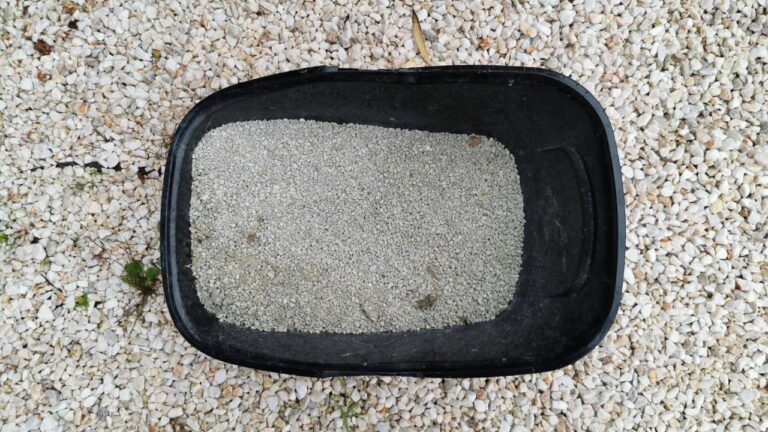How To Dispose of Fuel Canisters (The Best Ways To Do It!)
Are you looking for information on how to dispose of fuel canisters? If so, you’ve come to the right place. In this article, we will have a look at the safest ways to get rid of canisters with fuel, and important safety considerations you should make along the way.
Fuel canisters are disposed of at a hazardous waste disposal site. If you have an old canister, do not throw it in your garbage. In fact, fuel canisters must be disposed of in a special way to prevent fires and pollution. Check your local or state regulations on how to dispose of canisters correctly.
Do you have old fuel canisters in your garage that you’re not sure what to do with? In that case, you should read this article to get accurate information on how to safely get rid of old canisters. Keep reading to learn more about fuel canisters and the regulations around them!
The Complete Guide to Disposing of Fuel Canisters
Fuel canisters are containers that are used to carry fuel. Since fuel is so prone to catching fire, it is always important to consider safety precautions absolutely necessary.
In most places around the world and in most states, you will also be required to dispose of the canisters with regulations in mind.
For example, you may be required to dispose of such canisters at approved recycling sites or at hazardous waste disposal sites. Keep in mind that fuel is too volatile to be placed in ordinary plastic container, so make sure that you are using the right kind of materials for storing fuel.
That being said, here are some things to keep in mind while you are disposing of a fuel canister.
- Make sure the canister is completely cool before handling it. Handling a hot canister can cause burns or other injuries.
- When you are removing the canister, always do so in the open or in a well-ventilated area. The strong fumes from the canister can cause serious harm to you if there is not an appropriate flow of air.
- Make sure the canister is empty before disposing of it. Leaking fuel can be dangerous and cause fires. Instead, try to use the fuel instead. If that is not possible, follow instructions by the manufacturer or local regulations if you intend to dispose of fuel along with the canister itself.
- Puncture the canister (with a recycling tool like JetBoil CrunchIt or church key) so it can meet recycling guidelines. However, before you do so, always take a moment to make sure that the canister is completely empty, to avoid the leakage of fuel.
- Dispose of the canister in an approved landfill, hazardous waste disposal site, or recycling center. Do not dispose of it in a trashcan or incinerator, as this could cause a fire.
- Place the canister inside an approved container. This will typically be marked to make it easier to identify what is inside the container and is usually available at landfill/recycling sites.

Always follow the regulations in your area when disposing of a fuel canister. You could end up getting in serious trouble with the authorities in your area, or cause severe damage to property by disregarding your local regulations.
One way to look for appropriate sites in your area is to use a Google web search to get information. For example, in Arizona, you can look up the information regarding what is safe to give to recycling sites, and you can even find sites that are willing to dispose of hazardous waste in the safest way possible.
Does REI Recycle Fuel Canisters?
As of September 6, 2023, I’ve gathered some important information regarding REI’s recycling practices for fuel canisters.
REI has always been at the forefront of promoting sustainable practices. In the past, some REI stores had initiated local efforts to recycle fuel canisters as part of their commitment to environmental responsibility.
If you’re looking to recycle your fuel canisters, it’s essential to ensure they are emptied of all contents and purged of any residual gas. While not all REI stores currently offer this service, it’s worth reaching out to your local REI to see if they accept them. If they don’t, they might be able to guide you to local recycling centers or fire departments that can assist with safe disposal.
This initiative, where available, offers a convenient solution for those wanting to dispose of their fuel canisters responsibly. It’s a testament to REI’s dedication to reducing waste and promoting a cleaner environment. For more details on their recycling facilities or other sustainable practices, it’s best to visit the REI website or contact the nearest store.
How To Dispose of Coleman Fuel Canisters
Coleman is a brand that has garnered a lot of trust when it comes to camping and outdoor gear. Many of their products, including fuel canisters, are made to be durable and long-lasting. However, eventually, all products must be disposed of as they run their course, and the important thing is to dispose of these canisters properly.
Here is some information on how to do so with Coleman fuel canisters.
First, it is important to consider that all Coleman fuel canisters must be emptied of their contents before they can be disposed of. The best way to make this happen without causing damage is to simply use up fuel.
Once the canister is empty, it can be recycled through Coleman’s recycling program. The canister must be purged of any residual gas before it is mailed in or dropped off at a Coleman retailer. There is no cost to recycle the canister through this program.
Ultimately, this program is a great way to reduce waste and help protect our environment. It’s quick and easy to send over your fuel canisters, and it’s free. You can find more information on Coleman’s website, or by contacting their customer service department.
How To Dispose of Igloo Fuel Canisters
If you have any unused or unwanted Igloo fuel canisters, there are a few options for disposing of them. The best option is to take them to a local recycling center that accepts metal cans.
If this is not an option, the next best thing is to contact your local waste management company to see if they have any special regulations for disposing of metal cans. However, be sure to check with your local laws and regulations before doing so.
Recycling Vs. Disposing Of Fuel Canisters
You may, at this point, be wondering which option is better – recycling an old fuel canister, or using a recycling program such as the ones mentioned above. Here is some information about the two types of methods for taking care of fuel canisters.
| Factor | Recycling | Disposing |
|---|---|---|
| Convenience | Programs can carry it out for you | You will have to take responsibility of disposing |
| Costs Involved | Completely free | May include costs such as driving to a site |
| Safety Considerations | All precautions and regulations are followed | Regulations may be difficult to follow and you may place yourself in danger |
| Environmental Impact | Recycling is safer and better for the environment | Disposing will often take you to landfill sites with negative impacts on the environment. |
Conclusion
Properly disposing of canisters that carry fuel isn’t just an important choice for your safety, but for the safety of all of the people involved in the waste disposal service.
Remember, there are plenty of companies that support recycling programs that can enable you to quickly and easily dispose of canisters with no added cost. This will help ensure that you are following the laws and regulations in your area, while at the same time, maintaining the safety precautions necessary to dispose of fuel canisters.
Sources
- USA Safety: How to Dispose of Gas Cylinders
- The Trustees of Princeton University: Recycling MSR IsoPro Fuel Canisters
- DetourOn: Safest and easiest way to recycle camp fuel canisters








Rei don’t take fuel canisters
Hi Elizabeth,
Thank you for pointing that out. I’ve recently contacted the official REI website directly and updated the article with the latest information as of September 6, 2023. Here’s the official response from REI:
It appears that not all REI stores offer this service currently. It’s always best to check with your local store or consider alternative disposal methods. I appreciate your input!